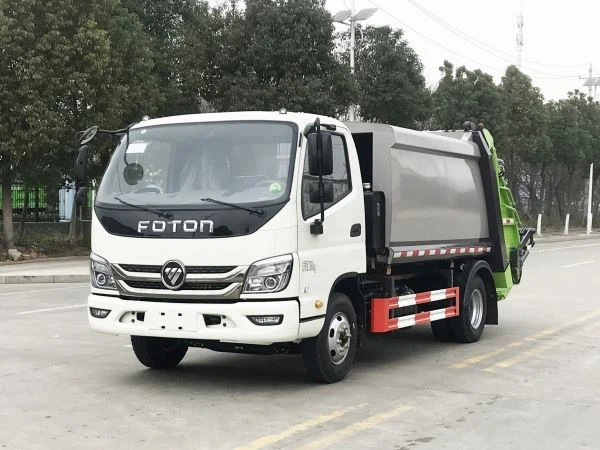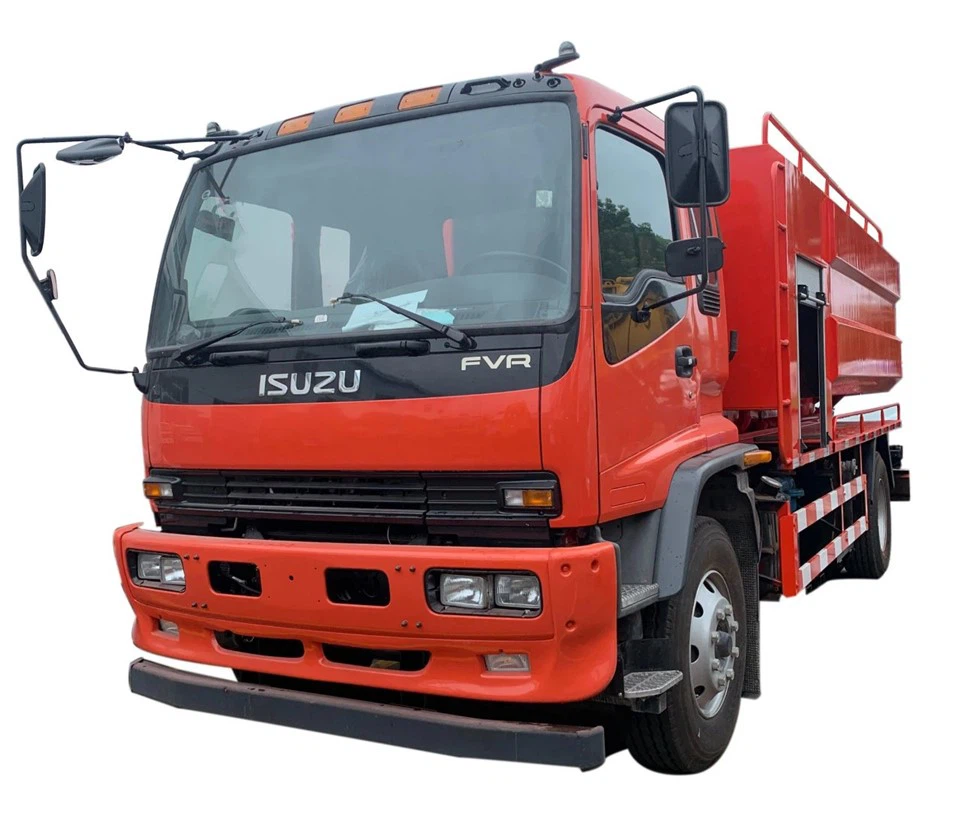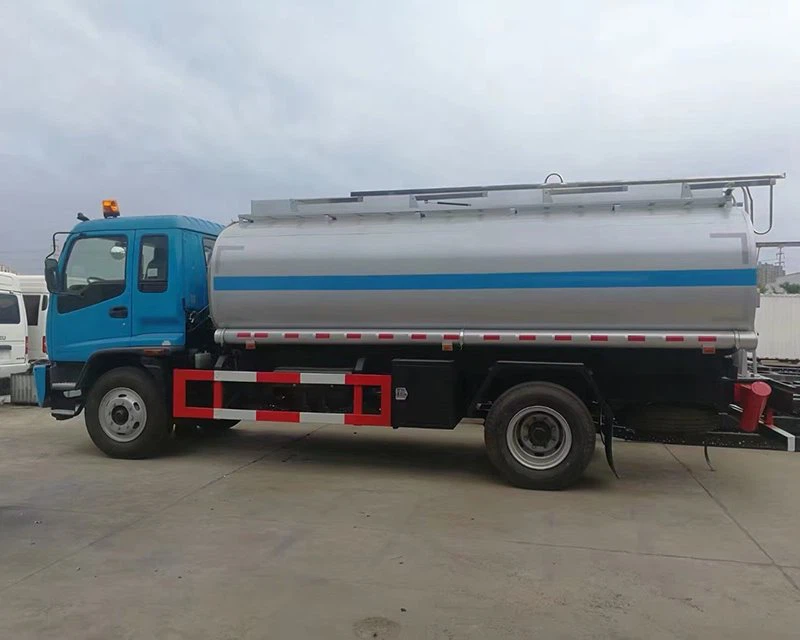Everything You Need to Know About Wrecker Vehicles

Wrecker vehicles are essential tools in the automotive and transportation industries. Whether you’re dealing with breakdowns, accidents, or vehicle recovery, understanding the capabilities and types of wrecker vehicles can be invaluable. In this article, we will delve deeply into what wrecker vehicles are, their various types, how they work, and their importance in everyday scenarios, along with practical tips for using them safely and effectively.
What is a Wrecker Vehicle?
A wrecker vehicle, commonly known as a tow truck, is a specialized vehicle designed for the purpose of moving disabled, improperly parked, or abandoned vehicles. These vehicles come in various shapes and sizes and are equipped with special tools and features to assist in safely retrieving and transporting other vehicles. They play a crucial role in the automotive repair and towing industries.
Types of Wrecker Vehicles
1. Flatbed Tow Trucks
Flatbed tow trucks, also known as rollback trucks, feature a flat, sloped bed that can be lowered to the ground. This design allows for vehicles to be driven or winched onto the truck easily.
Benefits of Flatbed Tow Trucks
- Safe transport of all vehicle types
- Reduced risk of damage during towing
- Can transport multiple vehicles
2. Hook and Chain Tow Trucks
These are the traditional type of tow trucks that use chains and hooks to lift vehicles from one end. They are less common nowadays due to the potential for vehicle damage.
Uses of Hook and Chain Tow Trucks
- Ideal for older models of cars
- Effective for towing heavier vehicles
3. Integrated Tow Trucks
Integrated tow trucks combine the features of a flatbed with the capabilities of a traditional tow truck. They have a built-in lifting mechanism that allows them to tow heavier vehicles without additional support.
Advantages of Integrated Tow Trucks
- Versatile for various towing situations
- Improves maneuverability when lifting vehicles
4. Heavy-Duty Wreckers
Heavy-duty wreckers are designed for industrial use and can handle large commercial vehicles, such as buses and trucks. These wreckers have powerful winches and reinforced suspensions.
Key Features of Heavy-Duty Wreckers
- High towing capacity
- Heavy-duty frame and components
- Advanced winching systems
How Wrecker Vehicles Operate
The operation of a wrecker vehicle involves several steps to ensure safe and effective vehicle recovery.
Loading a Vehicle
When loading a vehicle onto a wrecker, operators typically follow these steps:
- Position the wrecker close to the vehicle that needs recovery.
- Use the hydraulic controls to lower the flatbed or extend the boom.
- Secure the vehicle using chains, straps, or wheel restraints.
- Carefully raise the bed or boom to transport the vehicle safely.
Safety Precautions
Safety is paramount when operating wrecker vehicles. Here are essential safety tips:
- Always wear safety gear.
- Ensure the wrecker is parked on a flat surface.
- Use warning lights to alert oncoming traffic.
- Double-check all connections before towing.
Practical Examples and Tips
Choosing the Right Wrecker for the Job

When selecting a wrecker vehicle for a specific job, consider the following:
- Vehicle Size: Ensure the wrecker can handle the weight of the vehicle being towed.
- Distance: For long distances, a flatbed may be more appropriate to prevent damage.
- Condition of the Vehicle: If the vehicle is severely damaged, using an integrated wrecker might be better for safety.
Wrecker Vehicle Maintenance Tips
Proper maintenance of wrecker vehicles ensures longevity and reliability:
- Regularly inspect hydraulic systems.
- Check the winch and ensure ropes/chains are in good condition.
- Keep the flatbed clean and free from debris.
- Schedule routine inspections by a professional mechanic.
Legal Considerations When Using Wreckers
Before operating or hiring a wrecker, it’s crucial to be aware of local laws regarding towing and vehicle recovery.
Towing Regulations
Different regions have specific towing regulations that must be adhered to, including:
- Obtaining proper licenses for towing operators.
- Following local ordinances for vehicle storage and impound.
- Complying with insurance requirements for recovery operations.
Contracts and Liabilities
When hiring wrecker services or operating a wrecker, contracts should be clear regarding liabilities, including:
- Damage during transport
- Cost of operations
- Responsibilities for personal belongings within the vehicle
Choosing the Right Wrecker Service
Factors to Consider
When you need to hire a wrecker service, keep the following in mind:
- Reputation: Look for reviews and ratings.
- Response Time: Choose a service that can arrive quickly in emergencies.
- Cost: Get estimates and understand all potential charges.
Questions to Ask a Wrecker Service

Before engaging a towing service, consider asking:
- Are you licensed and insured?
- Do you have experience with my vehicle type?
- What time will you be able to arrive?
- What is your payment policy?
Future of Wrecker Vehicles
As technology advances, the future of wrecker vehicles looks promising with innovations such as:
1. Electric Tow Trucks
With a shift toward sustainability, electric tow trucks are beginning to emerge, offering quieter service and reduced emissions.
2. Enhanced Safety Features
Future wrecker vehicles may include advanced safety systems like automatic braking and collision avoidance to enhance operational safety.
FAQ About Wrecker Vehicles
1. What is the difference between a tow truck and a wrecker vehicle?
A tow truck and a wrecker vehicle often mean the same thing, but “wrecker” is more often used to refer to trucks specialized for vehicle recovery in more serious situations.
2. Can I use any type of wrecker for all vehicles?
No, the type of wrecker used depends on the size and condition of the vehicle being towed. Flatbeds are versatile, while heavy-duty wreckers are used for larger vehicles.
3. How do I know if a wrecker service is reputable?
Look for reviews, ask for references, and ensure the service is properly licensed and insured.
4. How much does it cost to hire a wrecker?
The cost to hire a wrecker can vary widely based on distance, vehicle type, and the complexity of the tow, ranging from $75 to over $200 or more.
5. Are there legal requirements for towing vehicles?

Yes, many areas have specific laws and regulations regarding towing that include licensing, insurance, and operational policies.
6. What should I do if my car breaks down?
If your car breaks down, ensure your safety first, move to a safe location if possible, and call a reputable wrecker service for assistance.
